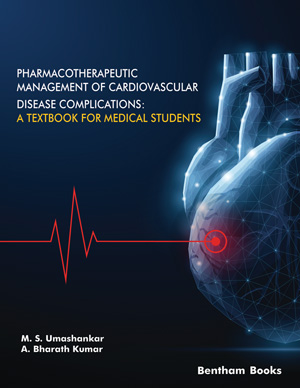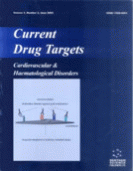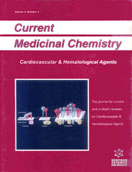Abstract
Congenital heart disease is congenital anomalies that having heart defects origin form the birth. The structural abnormality of the heart, great vessels is diagnosed at the time of birth. It affects childbirth during pregnancy. Congenital heart defects change the blood flow to the heart. The defect ranges from mild to severe clinical symptoms that can lead to developing life-threatening conditions. The progression of congenital heart disease associated with genetic and non-genetic factors. The risk factors for include diabetes mellitus, viral infections, medications like ACE inhibitors, drinking alcohol and smoking during pregnancy, genetics may increase the more health care burden to diagnosed patients. The improper treatment of congenital heart defects can lead to the development of heart failure, cyanosis, stroke, and arrhythmia. The clinical symptoms of congenital heart defects include shortness of breath, chest pain, cyanosis, rapid heartbeat, cardiac murmur, edema can elevate the risk of heart defects. Physical examination of the patient, echocardiographic investigations are useful for the detection of heart defects. Effective prescribing pattern of ace inhibitors, arrhythmias, beta blockers, antiplatelet, and diuretics is used to enhance health condition of the patients.
Keywords: Alcohol, Congenital Heart Disease, Diabetes Mellitus, Measles Virus, Pregnancy, Smoking.






















